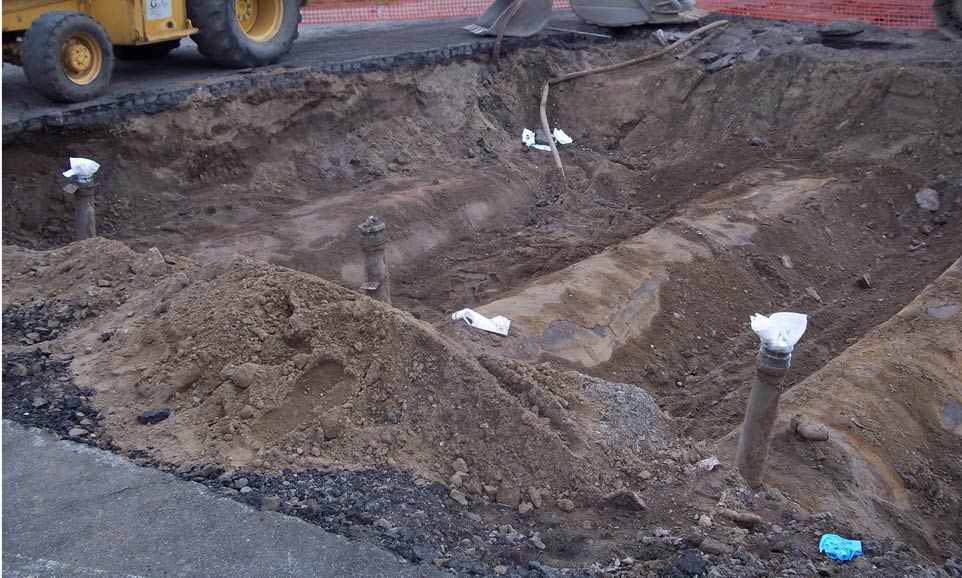Expert Testimony and Litigation Support
E&LP has provided expert testimony services in support of litigation on a wide array matters from responsible party determination to environmental liability cost recovery matters. Our services help preparation of legal professionals and include document review, data collection, case preparation, development of courtroom exhibits, and environmental expert witness testimony.
Our litigation support services provide technical analysis of complex environmental processes obtained from site investigations and environmental forensics. Our reports are often brief, supported by fact and regulations.
Case Study: Environmental Forensics
Site Location and Description
Gasoline Service Station: Private site in Bergen County; numerous gasoline underground storage tanks failed and released free phase petroleum into the subsurface. New tanks were installed in location of former tanks, which were removed, but not remediated.
Key Project Elements
The timeline of the petroleum releases were the key aspect in the cost allocation based litigation. It was contended, the petroleum release occurred during a previous ownership. The matter was further complicated, as the previous owner obtained insurance coverage from two different insurance carriers.
Various arguments and estimates were presented by the technical expert for the current owner. There expert opinions seemed to be more focused on convenience, than facts supported by science. The Plaintiff was particularly interested in establishing a timeline for the petroleum release that started while a major oil company had ownership of the property (1970s) with a brief period of time that overlapped our client’s insurance coverage in the 1980s.
Since the timeline of the release was paramount to arguing this case, E&LP was able to collect a sample of the free phase petroleum in the subsurface from one of the site wells for chemical analysis. The composition of gasoline has been forced to be changed by U.S. regulations of the amount of lead in gasoline, which incrementally was required to be decreased from the early 1970s until it was outright eliminated in the late 1980s. Using this chemical analysis, we were able to determine the specific years the gasoline that was in the ground was manufactured. With this information, the insurance carrier wisely settled out of the case early in the process.
